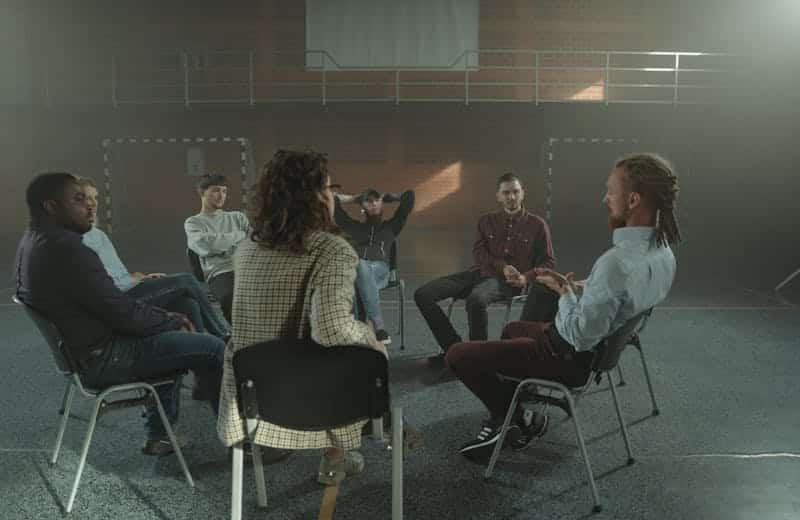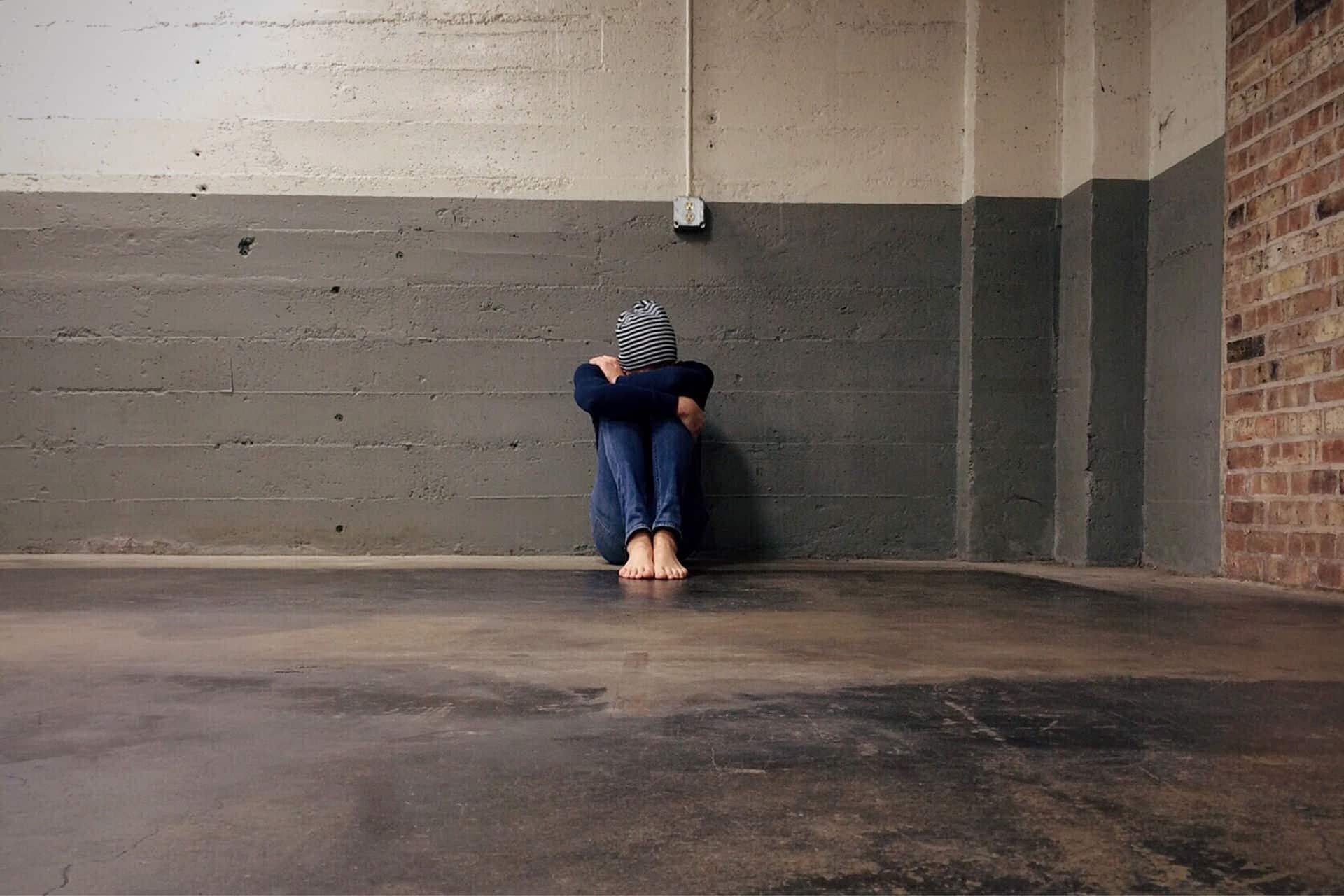Contact Orlando Treatment Solutions
For any other questions please call us or fill out the contact us form. We're here to help you at Orlando Treatment Solutions.
Contact Us Call Now (321) 415-3213Popular Post
Alcoholics Anonymous (AA) was the first 12-step rehabilitation program, founded in 1935. Since then, millions of individuals around the world have used 12-step programs to manage and maintain their sobriety. Alcoholics Anonymous was founded to help people struggling with alcohol addiction. Due to its efficacy, the idea of the 12-step program has been adopted as a model for developing programs to help people recover from a variety of drug use and mental health illnesses.
The Big Book, published in 1939, serves as a guide to acceptance and spiritual awakening in all 12-step programs. Participating in a 12-step treatment program as part of an aftercare plan can help you stay sober.
To learn more about the benefits of the 12-Step Therapy program, contact Orlando Treatment Solutions staff now via our online form or by phone at (321) 415-3213.
What is the 12-Step Program?
The 12-step program is a structured approach used to help individuals recover from addiction and maintain sobriety. It was initially developed by Alcoholics Anonymous (AA) to help people struggling with alcohol addiction, but has since been adapted to various other types of addiction.
The core principles of the 12-step program include admitting powerlessness over addiction, surrendering to a higher power or support group, taking moral inventory, acknowledging past mistakes, making amends to those who caused harm, and reaching out to others with similar struggles. This includes continuing personal development by helping.
How Long Does The 12 Steps Take?
The duration of a 12-step program can vary greatly from person to person. Typically, completing all steps can take several months to a year or more, depending on individual progress and commitment. Some people may move through the steps more quickly, while others may need more time to fully engage in each step and resolve individual challenges. The purpose of a 12-step program is not to rush into it, but to work diligently through each step, thereby promoting personal growth and recovery.
Effectiveness of the 12-Step AA Program
The 12-step Alcoholics Anonymous (AA) program has shown effectiveness in helping individuals struggling with alcohol addiction. Through its structured approach, which includes acknowledging impotence on alcohol, seeking support from peers, and making amends for past mistakes, many participants have experienced significant improvements in their sobriety journey.
The program’s emphasis on spiritual principles, accountability, and constant self-reflection provides a framework for long-term recovery. Although the 12-step AA program may not be suitable for everyone, its wide acceptance and numerous success stories underscore its positive impact on individuals attempting to overcome alcohol addiction.
What Happens During a 12-Step Therapy Program?
Meetings are the foundation of 12-step programs, and they can be found practically anywhere in the world. Although all meetings follow the same basic pattern, there is a wide range of meeting types available, making it easy to identify the group you will be most comfortable with. Such meetings are specifically dedicated to women, men-only, young adults, LGBTQ+, and many other special interests. There are many meeting formats, such as:
- Open Meetings.
- Closed Meetings
- Big Book Gatherings.
- Phase Study Meetings
- Discussion Meetings
- Speakers’ Assembly
- Initial Meetings
There is a common misconception that 12-step programs are extremely religious. While the original AA fellowship had a Christian influence, the method has evolved to accept all religious systems. The Serenity Prayer is usually spoken at the beginning and end of meetings but is not required. The overall format of all 12-step meetings is as follows:
- Moments of silence and serenity in prayer
- Explanation of 12-step values, the expectation of confidentiality, and a statement of openness to all
- Reading from the Big Book, 12 Traditions, or 12 Steps
- Introductions (first name only, and there is no requirement to speak)
- Closing
- Introduction of a speaker or meeting facilitator
- Discussion (no requirement to speak)
- Announcements
- The passing of the collection basket (not required)
Most people attending the meeting will be on hand to welcome you, introduce themselves, and provide their contact information as a resource for help. It is common practice for newcomers to attend 90 meetings in 90 days, as this has proven useful in preventing relapse in the early stages of recovery.
Benefits of the 12-Step Program:
The 12-step program, initially created by Alcoholics Anonymous (AA), has been widely adopted by various organizations to address a range of addictive behaviors and promote personal growth and recovery. Although the specific steps may vary slightly depending on the program, the basic principles remain consistent. Some of the major benefits of participating in a 12-step program are:

Supportive Community: One of the most important benefits of the 12-step program is the sense of belonging and support it provides. Participants are surrounded by others who understand their struggles and can provide empathy, encouragement, and guidance.
Accountability: The program encourages accountability by forcing participants to take ownership of their actions and work toward positive change. Regular meetings and sponsorship relationships help individuals stay committed to their recovery journey.
Structure and routine: The 12-step program provides a structured approach to recovery, including specific steps and guidelines to follow. This structure can help people establish healthy routines and habits, which are essential for long-term success.
Personal Reflection and Development: The program encourages self-reflection through the examination of past behaviors, resentments, and character flaws. By working through the stages, individuals can gain information about themselves and develop the skills necessary for personal growth and development.
Spiritual development: Many 12-step programs incorporate spiritual principles into their approach to recovery. Participants are encouraged to develop a deeper understanding of spirituality and a connection to a higher power, which can provide comfort, guidance, and strength during difficult times.
Coping Strategies: The program equips participants with coping strategies and tools to deal with cravings, triggers, and other challenges they may face on the journey to recovery. This may include mindfulness, stress management, and healthy communication skills.
Lifelong Support Network: Relationships formed within the 12-step community often extend beyond meetings and can provide ongoing support and friendship during and beyond the recovery process.
Learning from others: Hearing the stories and experiences of others who have walked a similar path can be incredibly powerful and inspiring. Participants can learn from each other’s successes and failures, gaining valuable insights and perspectives along the way.
Breaking Isolation: Addiction often thrives in isolation, but the 12-step program encourages individuals to reach out and connect with others who understand their struggles. Breaking free from isolation can be an important step toward recovery and healing.
Emphasis on Service: Serving others is a fundamental principle of many 12-step programs. By helping others in their recovery journey, participants can experience a sense of purpose and fulfillment that strengthens their commitment to sobriety.
Overall, the 12-step program offers a holistic approach to recovery that addresses the physical, emotional, and spiritual aspects of addiction. By providing support, structure, and guidance, it empowers individuals to overcome their struggles and live fulfilling lives with sobriety.
12-Step Program and Additional Treatments
When combined with other evidence-based treatments, 12-step programs can successfully help people maintain long-term recovery. We believe that the most successful strategy is to provide comprehensive, tailored, and holistic treatment and support to recovering individuals.

Our 12-step program integrates traditional 12-step meetings with evidence-based treatments, including cognitive-behavioral therapy (CBT), dialectical behavior therapy (DBT), mindfulness therapy, family therapy, and relapse prevention. We also offer yoga, mindfulness, and meditation therapies to help people examine their emotions and build self-awareness.
We are dedicated to helping our clients overcome addiction and establish a solid foundation for long-term sobriety. Our skilled healthcare specialists will help you understand the importance of 12-step program participation as part of your aftercare strategy. We are here to help you develop the tools and strategies to recover successfully.
Orlando Treatment Solutions offers a 12-step Program
Orlando Treatment Solutions is an addiction and mental health treatment center in Florida. Effective treatment engages the mind, and body, and provides a comprehensive range of services, from treatment to aftercare planning. We employ evidence-based treatment to educate our clients and their families about mental health and addiction, which promotes long-term healing. To learn more about 12-step programs and other treatment alternatives, please contact us at (321) 415-3213.
Contact Us
CALL US NOW
Orlando Treatment Solutions will iron out the details for you in a manner that will make you confident in your path to sobriety. That first simple call is your ticket to making Orlando Treatment Solutions your solution for addiction. Get the freedom from addiction that you deserve today.
Call us now on (321) 415-3213Updated News
LATEST POSTS
Orlando Treatment Solutions makes numerous media outlets available to encourage you in your recovery process. Digital media literature is approved by a licensed professional and intended to guide you in your recovery path.

Years of experience
Our leadership team has extensive experience in dual-diagnosis treatment and is ready to help those who are struggling with substance use and mental health.

Specialists
Our staff consists of many licensed addiction and mental health treatment facilitators and other staff who are ready to share their experience and their success.

Happy patients
Orlando Treatment Solutions has helped over 2,000 people who have struggled with substance use (alcohol and drug addiction) and mental health find freedom.
Contact Us
GET IN TOUCH
Reaching out to Orlando Treatment Solutions may be the most important call of your recovery process. A caring professional is waiting for your call to be your guide to addiction-free living.
Need Help? Contact Us
Areas and Cities We Serve SUD & Mental Health Treatments in Florida
Oviedo Deland Palm Coast Jacksonville Port St. Lucie Tampa Altamonte Springs Kissimmee St Cloud Winter Garden Winter Park Clermont Melbourne Sanford Deltona Lake Mary Mount Dora Leesburg The Villages Union Park St. Augustine Dupont Port Orange Ormond Beach Holly Hill Daytona Beach Edgewater Oak Hill Maytown Eldora Geneva Titusville Christmas Port St. John Port Canaveral Cocoa Beach Osteen Satellite Beach Palm Bay Roseland Sebastian Fellsmere Gifford Rockledge
 info@shc.health
info@shc.health 




